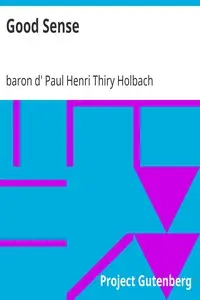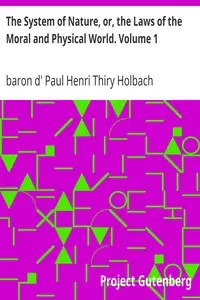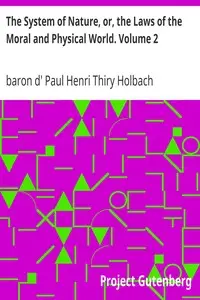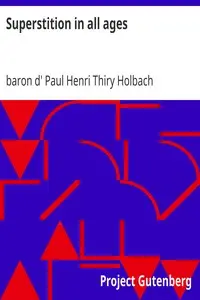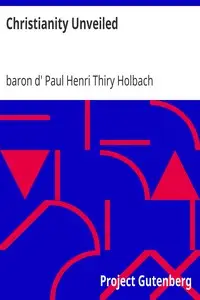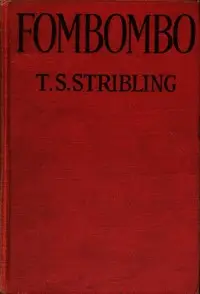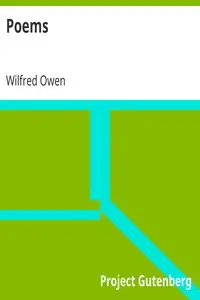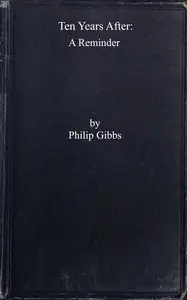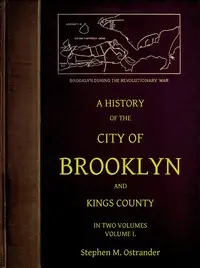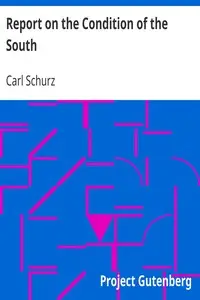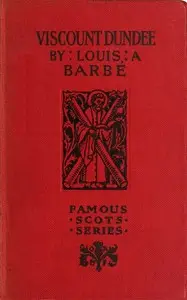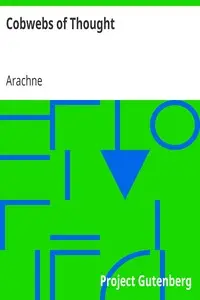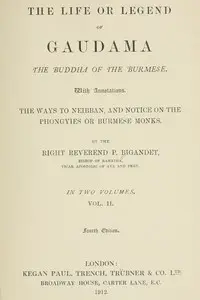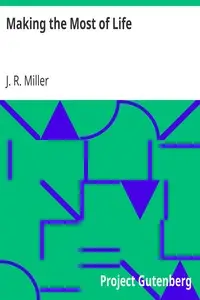"Letters to Eugenia; Or, A Preservative Against Religious Prejudices" by Holbach is a philosophical treatise written in the late 18th century. The work consists of a series of letters addressed to a woman named Eugenia, wherein the author aims to challenge and dismantle the religious prejudices and fears that have caused her distress. The text delves deeply into issues surrounding faith, reason, and morality, advocating for a life grounded in rational thought rather than religious dogma. At the start of the book, the author expresses concern for Eugenia’s melancholy, which he attributes to her struggles with religious superstitions. He reflects on his own past experience with similar fears and emphasizes the importance of examining one's beliefs critically. The letter sets the stage for a philosophical exploration that critiques the basis of Christianity and the often contradictory ideas about God presented in religious texts. Holbach's advocacy for rationalism over superstition establishes a foundation for the subsequent letters, where he promises to unveil truths that will lead Eugenia to a state of peace and enlightenment. (This is an automatically generated summary.)
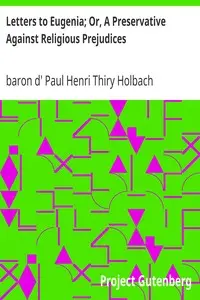
Letters to Eugenia; Or, A Preservative Against Religious Prejudices
By Paul Henri Thiry Holbach
"Letters to Eugenia; Or, A Preservative Against Religious Prejudices" by Holbach is a philosophical treatise written in the late 18th century. The wor...
Paul-Henri Thiry, Baron d'Holbach, known as d'Holbach, was a Franco-German philosopher, encyclopedist and writer, who was a prominent figure in the French Enlightenment. He was born Paul Heinrich Dietrich in Edesheim, near Landau in the Rhenish Palatinate, but lived and worked mainly in Paris, where he kept a salon. He helped in the dissemination of "Protestant and especially German thought", particularly in the field of the sciences, but was best known for his atheism, and for his voluminous writings against religion, the most famous of them being The System of Nature (1770) and The Universal Morality (1776).

